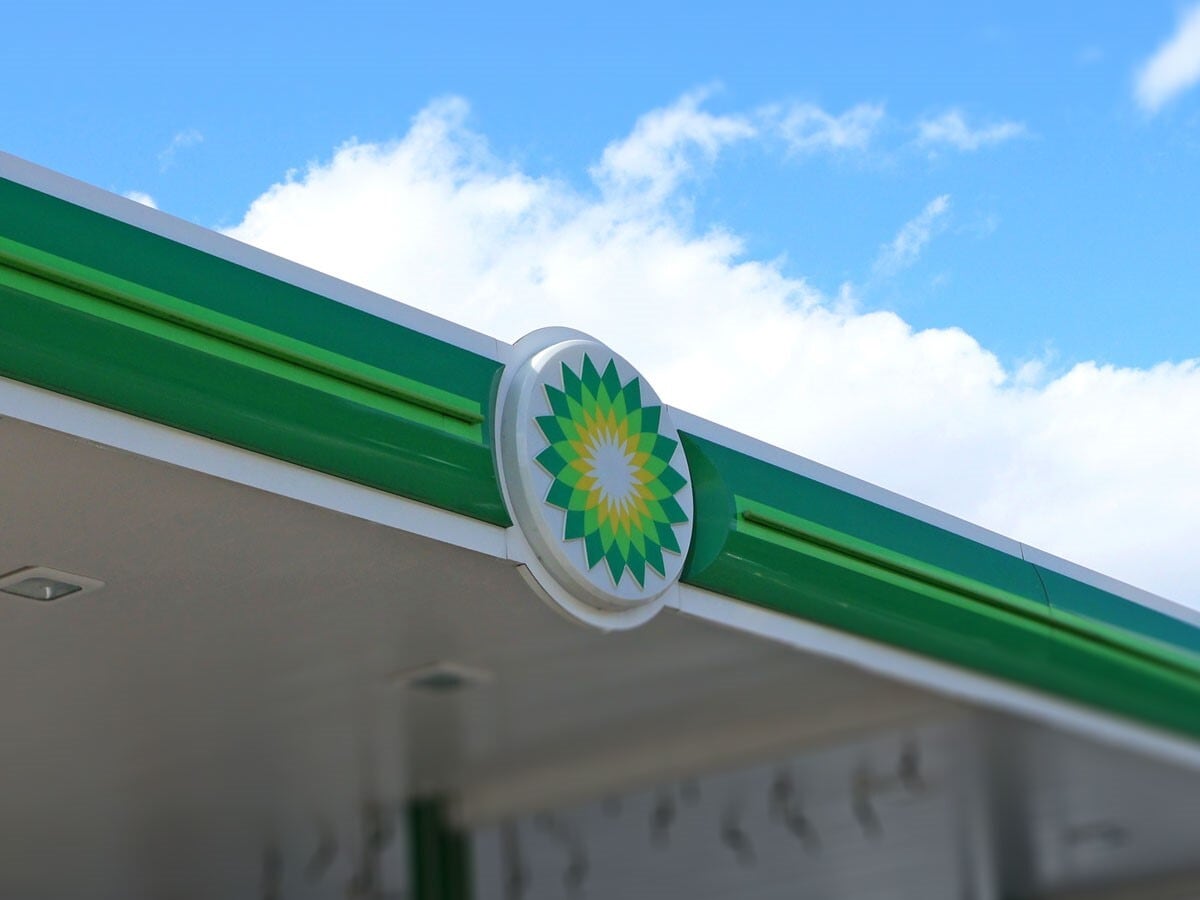BP’s share price has seen triple digit gains over the past two years. Last week’s record breaking 2022 results have only helped continue this momentum. However, the decision to row back from its commitment to reducing oil and gas production will cause concern for net-zero-minded investors.
BP’s [BP.L] share price shot up over 15% last week after posting its highest annual earnings in its 114-year history.
Underlying earnings came in at $27.7bn for 2022, more than double the $12.8bn reported in what was considered a strong 2021. Net debt fell 30% year-on-year to $21.4bn. BP announced a dividend of $0.0661. The company said that it would buy back $2.75bn of its own shares.
For the fourth quarter of 2022, underlying profits came in at $4.8bn, down 40% from the previous quarter. BP offered several reasons for this, including below average gas marketing and trading after an exceptional third quarter. Still, this was enough for BP to score its biggest ever year for profits.
BP said that it expects oil prices in the first quarter to remain supported by a recovery in demand from China, uncertainty over Russian exports and low inventory levels.
What’s happening with BP’s share price?
Year-to-date, BP’s shares are up 17.9%, closing Friday 10 February at 560p. Over the 12-month period, the stock is up more than 34% and 113.9% over the past two years as the company puts the pandemic sell-off behind it.
The huge profits, and BP’s rising share price, reflect the record-breaking earnings seen among its rivals after the invasion of Ukraine drove up oil prices and forced the west into increasing its energy security. This earnings season has seen Shell [SHEL.L] post a record annual profit of $40bn for 2022, while Exonn Mobil [XOM] delivered an even bigger $55.7bn profit.
BP puts green commitments on the back burner
One sour note for green investors was BP’s decision to cut its commitment to reduce oil and gas production 40% by 2030. Instead, it is now aiming for a 25% reduction.
CEO Bernard Looney justified the decision to backtrack on its energy transition commitments, saying recent years show the world needs “secure” energy alongside renewables.
"We need continuing near-term investment into today's energy system -- which depends on oil and gas -- to meet today's demands and to make sure the transition is an orderly one," said Looney.
The BP CEO added that the company would look at its existing infrastructure to “minimise additional emissions”.
This reversal comes despite BP trimming forecasts for long-term forecasts for oil and gas demand. In its annual energy outlook, published in January, BP said that global carbon emissions could peak in the first half of the 2020s as Russia’s invasion of Ukraine pushes more countries to invest in renewables to provide energy security.
Unsurprising, BP’s sizable retreat from its stated aims has come in for criticism. Kate Blagojevic, Greenpeace UK head of climate justice, said that the turnaround would "fail to deliver much-needed energy security in the UK but it will ensure that people across the globe already battling devastating droughts, floods and heatwaves, will continue losing their lives and livelihoods”.
Bruce Duguid at Federated Hermes, which co-leads negotiations with BP over its energy transition for a group of institutional investors called Climate Action 100+ (CA100+), told Reuters that net-zero investors would be “concerned at such a material change to BP’s 2030 absolute emissions reduction target”. According to Reuters, half of BP’s top 10 institutional investors are members of CA100+ and the group is responsible for $68trn in assets under management.
Where next for BP’s share price?
BP shares are now trading at the highest level for the past three and a half years, yet the continued upward momentum is by no means guaranteed. Oil prices have been on the wane since the second half of last year and the global economy is set to slow this year. Huge profits at a time when the cost of living is a real concern will only add to calls for further taxation on the energy industry.
ESG investors, including major pension funds and institutions, will also be concerned about BP's dilution of its green commitments.
Of the 23 analysts tracking BP’s share price on the Financial Times, the stock has a median 560.53p target. Hitting this would see a 0.1% upside on Friday’s close.
Disclaimer Past performance is not a reliable indicator of future results.
CMC Markets is an execution-only service provider. The material (whether or not it states any opinions) is for general information purposes only, and does not take into account your personal circumstances or objectives. Nothing in this material is (or should be considered to be) financial, investment or other advice on which reliance should be placed. No opinion given in the material constitutes a recommendation by CMC Markets or the author that any particular investment, security, transaction or investment strategy is suitable for any specific person.
The material has not been prepared in accordance with legal requirements designed to promote the independence of investment research. Although we are not specifically prevented from dealing before providing this material, we do not seek to take advantage of the material prior to its dissemination.
CMC Markets does not endorse or offer opinion on the trading strategies used by the author. Their trading strategies do not guarantee any return and CMC Markets shall not be held responsible for any loss that you may incur, either directly or indirectly, arising from any investment based on any information contained herein.
*Tax treatment depends on individual circumstances and can change or may differ in a jurisdiction other than the UK.
Continue reading for FREE
- Includes free newsletter updates, unsubscribe anytime. Privacy policy





